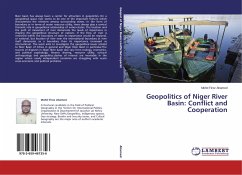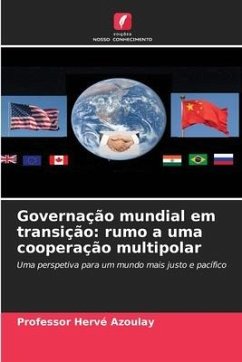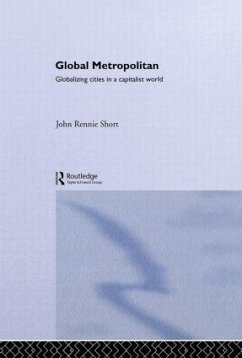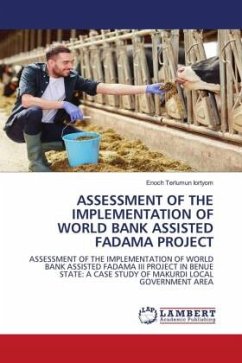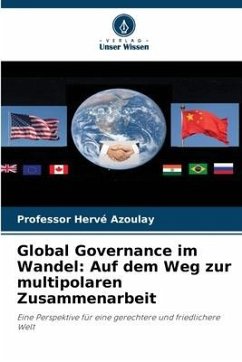
Global Governance in Transition : Towards Multipolar Cooperation
A perspective for a fairer and more peaceful world
Versandkostenfrei!
Versandfertig in 6-10 Tagen
35,99 €
inkl. MwSt.

PAYBACK Punkte
18 °P sammeln!
The author examines how the West, for decades, has been the main driver of globalization and how it has eroded with the emergence of opposing currents such as anti-globalist and identitarian movements in the West. The author explores international institutions such as the UN, IMF, and World Bank, created by the West to establish unified global governance, only to be perceived as tools of domination rather than cooperation. The book explores the advantages and disadvantages of the Western model of democracy and human rights, addressing their limitations and imperfections. Faced with these devel...
The author examines how the West, for decades, has been the main driver of globalization and how it has eroded with the emergence of opposing currents such as anti-globalist and identitarian movements in the West. The author explores international institutions such as the UN, IMF, and World Bank, created by the West to establish unified global governance, only to be perceived as tools of domination rather than cooperation. The book explores the advantages and disadvantages of the Western model of democracy and human rights, addressing their limitations and imperfections. Faced with these developments, a comparative approach is adopted by examining the Chinese model as an alternative to Western globalization and offering the BRICS, emerging countries, the capacity to challenge the established world order. Finally, the book proposes an innovative vision of a global governance of nations. Through geopolitics and systemic analysis, the world is divided into geographical zones, thus distributing power in a decentralized manner. A central, lightweight, and functional network will coordinate these zones while respecting their autonomy and diversity.





